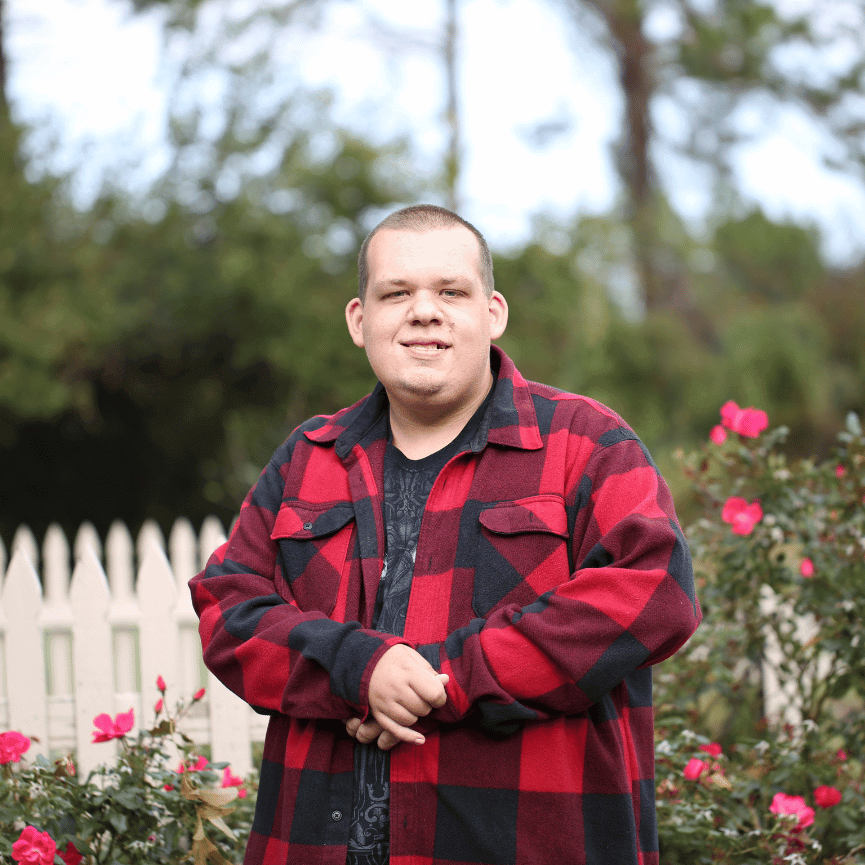
- Jul 29, 2024
- 118 Views
- 0 Comments
Navigating Autism In Adulthood: A Guide
Autism in Adulthood: Navigating Independence and Relationships
Navigating the journey of adulthood can be complex for anyone, but for adults with autism, it presents unique challenges and opportunities. Autism, a neurodevelopmental disorder characterized by difficulties in social interaction and communication, can influence various aspects of an adult's life. This article delves into the intricacies of living with autism as an adult, focusing on achieving independence and nurturing relationships.
Essential Life Skills for Adults on the Autism Spectrum
Characteristics of Autism in Adulthood
Autism in adulthood can manifest differently compared to childhood. Adults with autism may exhibit traits such as intense focus on specific interests, sensitivity to sensory inputs, and unique communication styles. Understanding these characteristics is crucial for fostering empathy and support.
Diagnosis and Late Diagnosis
Many adults may receive an autism diagnosis later in life. This can be due to the evolving understanding of autism or the ability to mask symptoms during childhood. A late diagnosis can bring relief and challenges, as individuals gain clarity on their experiences but must also navigate the implications of their diagnosis.
Navigating Independence
Importance of Independence
Independence is a vital aspect of adulthood. For autistic adults, achieving independence involves finding employment, managing finances, and establishing suitable living arrangements. Each step towards independence can significantly enhance their quality of life.
Employment and Career Opportunities
Securing employment is a major milestone. Many autistic adults possess exceptional skills and talents that can be harnessed in the workforce. It's essential to create inclusive work environments that recognize and support neurodiversity.
Financial Management
Managing finances is another critical component. Financial literacy programs tailored for autistic adults can provide valuable guidance, helping them navigate budgeting, saving, and investing.
Living Arrangements
Choosing the right living arrangement is pivotal for independence. Options range from living alone to shared housing or supported living environments. The goal is to find a setup that ensures safety, comfort, and autonomy.
Building Relationships
Social Interactions
Social interactions can be both challenging and rewarding for autistic adults. Understanding social cues, such as body language, facial expressions, and tone of voice, often requires conscious effort and practice. Many autistic individuals benefit from explicit teaching of these cues through social skills training. This training can include role-playing exercises, video modeling, and real-life practice in safe, supportive environments. Over time, these efforts can help autistic adults build confidence and competence in social settings.
Additionally, support from friends, family, and professionals can make a significant difference. Encouragement and patience from loved ones can help autistic individuals feel more comfortable and less anxious during social interactions. Professional support, such as therapy or counseling, can also provide strategies and tools for navigating social situations more effectively.
Making Friends
Friendship is a vital component of emotional well-being. For autistic adults, forming friendships can sometimes be difficult due to differences in communication styles and social preferences. However, with the right support and opportunities, meaningful friendships can flourish.
Social skills training can play a crucial role in helping autistic adults learn how to initiate and maintain friendships. This training often includes teaching conversation skills, how to read social cues, and how to handle conflicts. Joining community groups or clubs focused on shared interests can also provide a natural setting for making friends. These groups offer a structured environment where autistic individuals can meet like-minded people and engage in activities they enjoy, making it easier to form connections.
Romantic Relationships
Romantic relationships introduce another layer of complexity to social interactions. Autistic adults may face unique challenges in dating and maintaining romantic relationships, but they are equally capable of experiencing and enjoying romantic love.
Open communication is essential in any romantic relationship, and this is especially true for autistic individuals. Partners should strive to communicate clearly and directly, discussing their needs, boundaries, and expectations. Understanding and respecting each other's perspectives is key to building a strong foundation.
Mutual respect and patience are also crucial. Partners must be willing to learn about autism and understand how it influences their loved one's behavior and needs. This understanding fosters empathy and helps create a supportive and nurturing relationship. Couples counseling or relationship coaching can also be beneficial, providing strategies for effective communication and conflict resolution.
Maintaining Relationships
Whether platonic or romantic, maintaining relationships involves ongoing effort and commitment. Regular communication is vital to keep connections strong. This includes not only talking about daily activities but also sharing feelings, thoughts, and experiences.
Empathy and understanding are essential for sustaining healthy relationships. Being able to put oneself in the other person's shoes and appreciate their perspective helps build trust and intimacy. It's important for both parties to feel heard and valued.
Compromise is another key element. All relationships involve give-and-take, and finding a balance that works for both parties is crucial. This may involve negotiating different needs and preferences, and being flexible and adaptable.
Building and maintaining relationships as an autistic adult requires practice, support, and a willingness to learn and grow. With the right resources and a supportive network, autistic individuals can form and sustain meaningful, fulfilling relationships.
Support Systems
Family Support
Family support can be invaluable. Families can provide emotional encouragement, practical assistance, and advocacy for their autistic members.
Professional Support
Professional support, including therapists, counselors, and job coaches, can offer specialized guidance. These professionals help autistic adults develop coping strategies and achieve personal goals.
Community Resources
Community resources such as autism support groups and organizations can create a sense of belonging. These resources offer various services, from social activities to educational workshops.
Challenges and Solutions
Common Challenges Faced
Autistic adults face several challenges, including sensory issues, communication barriers, and mental health concerns.
Sensory Issues
Sensory issues can make everyday environments overwhelming. Identifying triggers and implementing sensory-friendly practices can mitigate discomfort.
Communication Barriers
Communication barriers can hinder social interactions. Tools such as visual aids, assistive technology, and speech therapy can enhance communication skills.
Mental Health Concerns
Mental health is a critical aspect. Anxiety, depression, and stress are common among autistic adults. Access to mental health services and support networks is essential.
Practical Solutions
Practical solutions involve personalized strategies. Tailored support plans, individualized education programs (IEPs), and accommodations in workplaces and educational institutions can make a significant difference.
Success Stories
Highlighting success stories showcases the potential for independence and fulfilling relationships. Inspirational examples can motivate and provide hope to both autistic adults and their support networks.
Autism in adulthood comes with its own set of challenges and triumphs. By understanding the unique characteristics of autism, fostering independence, building relationships, and leveraging support systems, autistic adults can lead fulfilling lives. With empathy, patience, and the right resources, they can navigate the complexities of adulthood successfully.



Comments - 0 comments till now